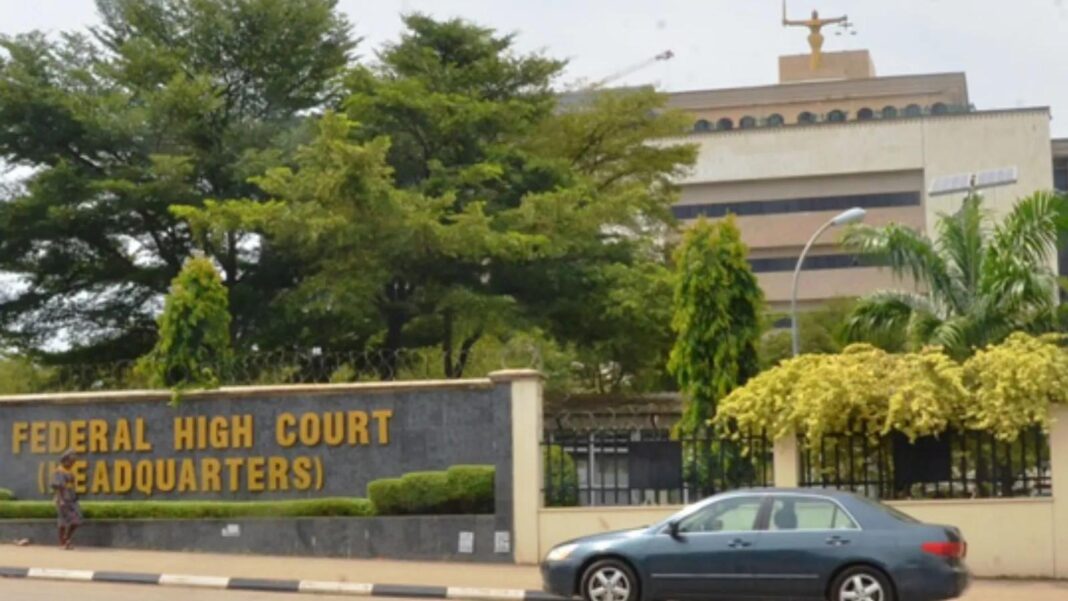A Federal High Court in Abuja has sentenced a top commander of the Islamic State West Africa Province (ISWAP), Hussaini Ismaila, to 20 years in prison for his role in multiple terror attacks.
Justice Emeka Nwite delivered the judgment on Tuesday after Ismaila — also known as Mai Tangaran — changed his plea and admitted guilt to a four-count terrorism charge filed by the Department of State Services (DSS).

According to the prosecution, Ismaila coordinated a series of coordinated attacks in Kano State in 2012. These included assaults on the police headquarters in Bompai, the mobile police base on Kabuga Road, the Pharm Centre Police Station, and the Angwa Uku Police Station, among others. Several people were injured in the attacks.

The trial faced several delays due to appeals and a trial-within-trial to determine if the defendant’s statements were voluntarily given.
Once the trial resumed, the prosecution called five witnesses — including DSS operatives and eyewitnesses. Following the testimony of the fifth witness, Ismaila reversed his earlier plea of not guilty.

His lawyer, P.B. Onijah of the Legal Aid Council, asked the court for leniency, noting that the defendant was remorseful and chose to plead guilty to avoid prolonging the case.
Justice Nwite found him guilty and sentenced him to 15 years on the first count and 20 years each on counts two, three, and four. All sentences will run concurrently, starting from August 31, 2017 — the date of his arrest.

The judge also directed the Correctional Service to confine Ismaila in any designated facility and ordered that he undergo rehabilitation and deradicalisation before being reintegrated into society after completing his sentence.
This development comes as the Federal High Court prepares for the January 15, 2026 trial of two alleged Ansaru commanders — Mahmud Usman (alias Abu Bara’a/Abbas/Mukhtar), said to be the group’s “emir,” and his deputy, Mahmud al-Nigeri (alias Malam Mamuda). Their trial was postponed to allow their lawyer more time to access DSS-held case files, in line with fair-hearing requirements.

Do you think the rise in terrorism convictions will help curb insecurity in Nigeria? And why do you think terror-related trials often take many years to conclude? Share your thoughts below.




